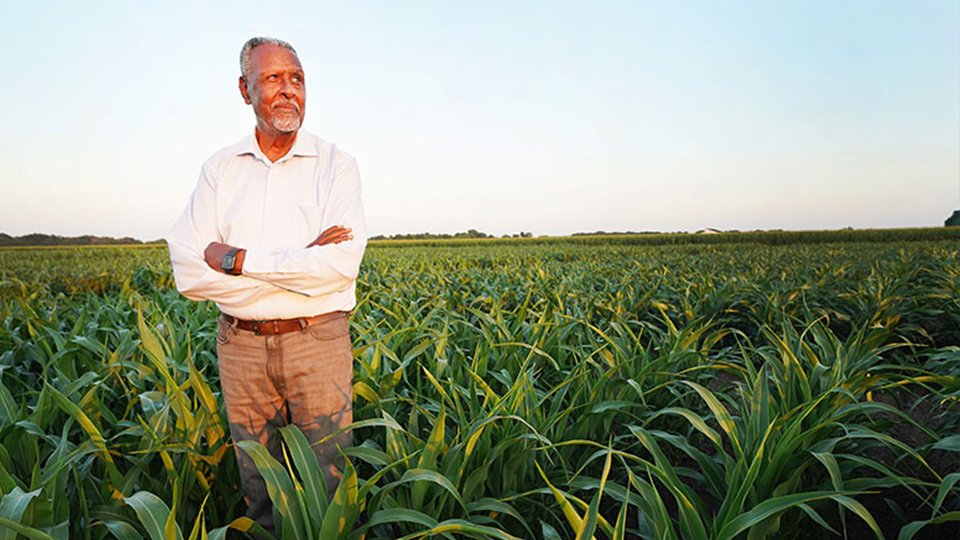Purdue plant genetics researcher awarded National Medal of Science
Subscriber Benefit
As a subscriber you can listen to articles at work, in the car, or while you work out. Subscribe Now
A Purdue University researcher has earned the country’s highest recognition honoring scientists for his work studying plant genetics.
President Joe Biden awarded Gebisa Ejeta the National Medal of Science on Tuesday. He was recognized for his research into plant genetics, and specifically, his contributions enlightening on the ancient grain sorghum, an important cereal crop. He focuses on how the crop can be improved for food and feed.
Ejeta’s research into the grain previously won him the 2009 World Food Prize because that it led to a dramatic increase in sorghum production causing millions in sub-Saharan Africa to be fed, Purdue said.
Ejeta, who is from Ethiopia, was honored with his home country’s highest honor in the National Hero Award in 2009.
“Gebisa Ejeta is one of the most impactful geneticists in the world, a remarkable leader at Purdue in food security research, and a role model of perseverance for all Boilermakers,” Purdue President Mung Chiang said in a news release. Our university celebrates another prestigious and richly deserved honor, bestowed by the president of the United States, to Gebisa, and I am delighted to join him on behalf of our university at the White House ceremony today.”
Chiang said the accolade adds to the 19 National Medals of Science, of Technology and Innovation, of Humanities or the Presidential Medal of Freedom Purdue faculty and alumni have won.
Ejeta is a Purdue professor, executive director of the Purdue Center for Global Food Security and Purdue presidential fellow for food security and sustainable global development. He has served as a national expert to the federal government, including acting as a special advisor to the administrator for the U.S. Agency for International Development, a science envoy of the U.S. State Department as well as a member of the National Academy of Sciences Board on Agriculture and Natural Resources, the U.S. Board for International Food and Agricultural Development and the U.N. Secretary’s Scientific Advisory Board.
